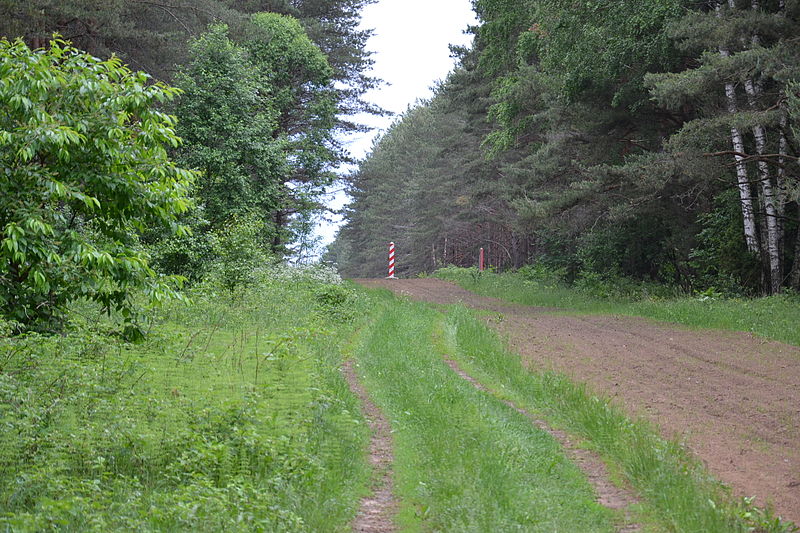
Polish Prime Minister Donald Tusk has announced plans to temporarily suspend the right to asylum as part of a broader strategy to address irregular migration.
Speaking at a meeting of his center-right Civic Coalition in Warsaw, Tusk emphasized that people smugglers, with support from Belarus and Russia, were exploiting the asylum system.
Since 2021, Poland has experienced a sharp rise in illegal crossings, particularly from the Middle East, Africa, and Asia, via Belarus. Warsaw has accused Minsk and Moscow of orchestrating this influx as part of a “hybrid warfare” tactic aimed at destabilizing the European Union. Both Belarus and Russia have denied these claims.
In August 2021, when the migration crisis began, the number of attempted illegal crossings surged to eight times higher than in the entire previous year. Since then, crossings have continued daily.
Tusk plans to present a new migration policy on October 15, which includes a temporary suspension of the right to asylum within Polish territory. He argued that the right to asylum was being misused by actors such as Belarusian President Alexander Lukashenko and Russian President Vladimir Putin, as well as by people smugglers and traffickers. "Poland must regain full control over who enters the country," Tusk declared, though he did not specify how this suspension would be justified to EU partners, given that international law requires countries to allow individuals to seek asylum.
Many migrants crossing into Poland from Belarus do not remain there, often moving on to Germany. This has led Berlin to implement checks along its border with Poland. Despite being part of a pro-European Union coalition, Tusk’s government has upheld the hard-line migration policies of the previous Law and Justice government, including the authorization of pushbacks and the construction of a 5.5-meter-high steel fence along 186 kilometers of the Belarusian border.
Under the previous administration, Poland maintained a strict stance on migration from the Middle East and Asia, even as it issued the highest number of annual residence and work permits in the EU. Tusk’s government has continued this policy, reintroducing exclusion zones along the border and expanding the rights of security forces to use firearms in self-defense, particularly following the fatal stabbing of a Polish soldier by migrants earlier this year.
Public opinion appears to favor the tough approach, with surveys indicating that 86% of respondents support the use of weapons by security forces in certain circumstances. Foreign Minister Radoslaw Sikorski has credited the Civic Coalition's hard stance on migration as key to its electoral success last year, arguing that the coalition successfully outflanked the previous government on the issue.
However, human rights groups have raised alarms over the government's approach. NGOs estimate that over 130 migrants have died along the Belarusian borders with Poland, Lithuania, and Latvia since the crisis began. Malgorzata Szuleka, a board member of the Helsinki Foundation for Human Rights, criticized Tusk's stance, describing it as a "new low" for his government. She urged for a more rational, less populist discussion on migration policy, noting that the situation at the border is both a humanitarian crisis and a significant migration route. Photo by Pudelek (Marcin Szala), Wikimedia commons.



































